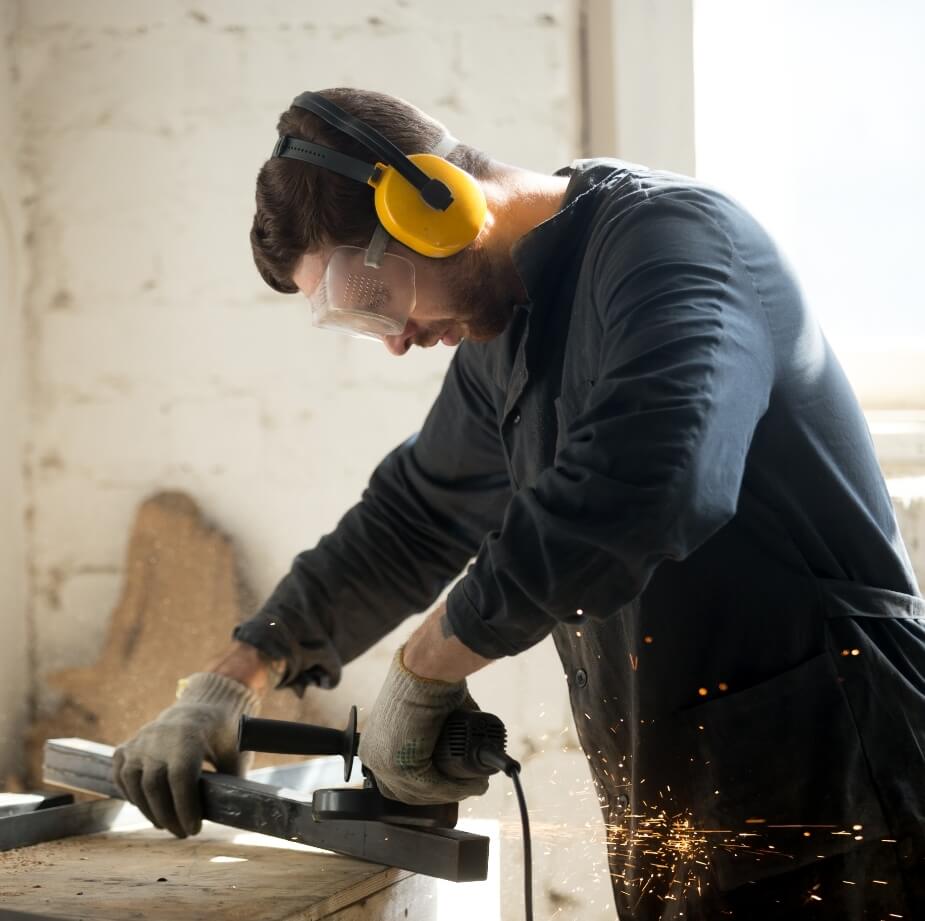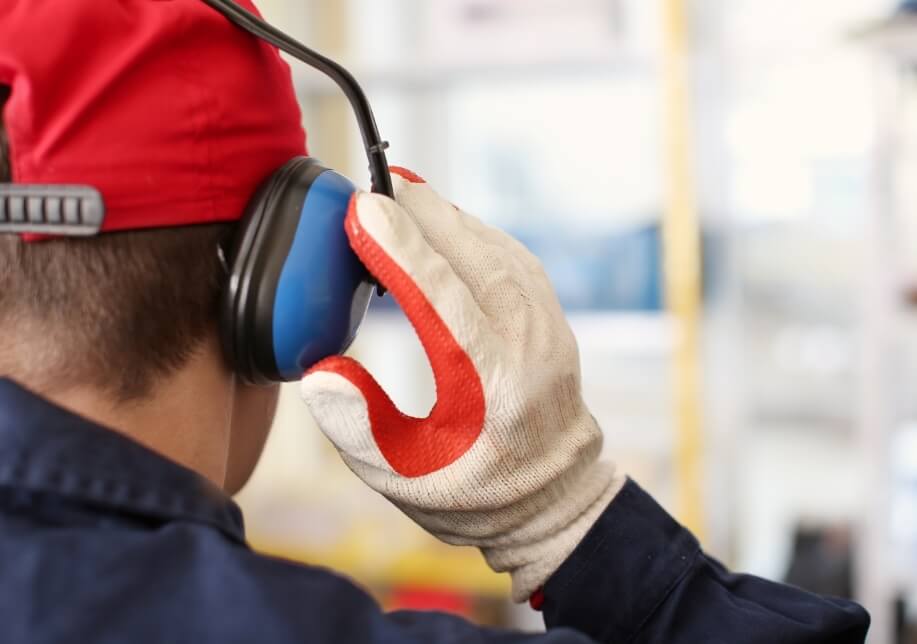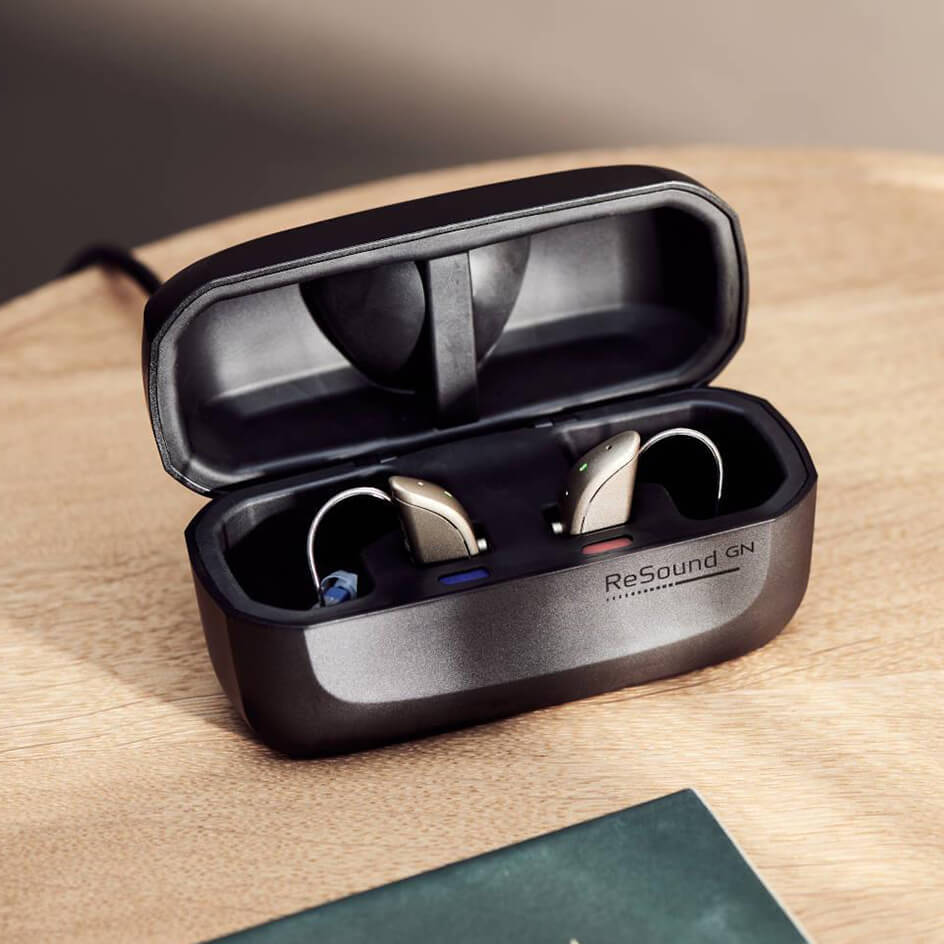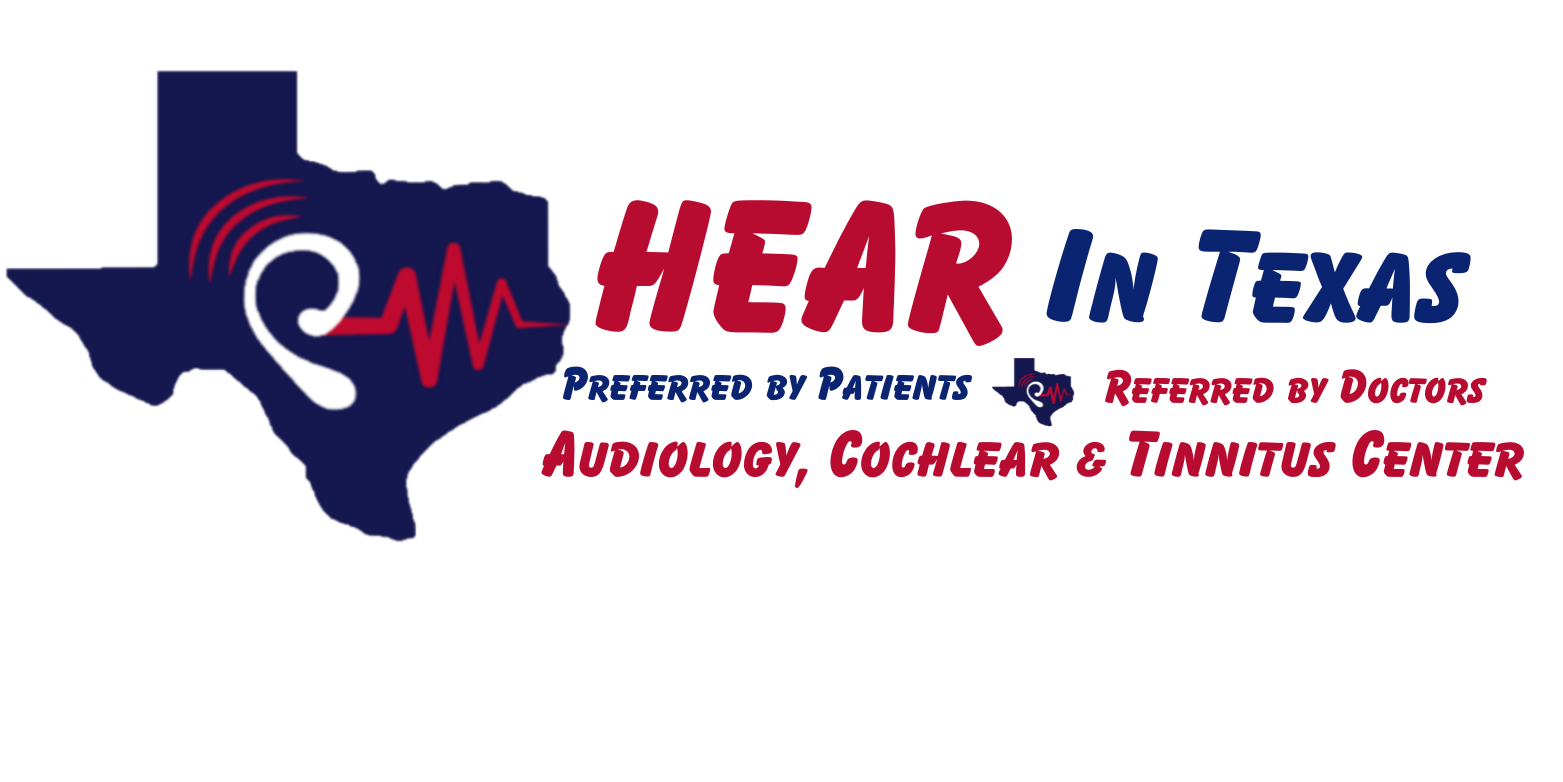HEAR IN TEXAS
Recreational Hearing Protection

Hearing Protection To Help Prevent Hearing Loss

Hearing loss is irreversible, but it’s not preventable. Knowing what damages your hearing and how to protect yourself from that damage gives you a head start on preventing the damage that leads to significant hearing challenges later on.
Next to age deterioration, exposure to loud noise is a common cause of hearing loss, especially in adults under the age of 70. This is known as noise-induced hearing loss (NIHL). Ongoing, repeated exposure to sound levels above 85 decibels (the sound of an idling bulldozer) or a single extreme noise event like an explosion (210 dB+) can cause permanent, irreparable hearing loss.
We can help fix your hearing after it’s been damaged, maybe, but Dr. Sally and the Hear in Texas team would rather help you prevent the damage and ensure that you and our friends and neighbors in New Braunfels enjoy a lifetime of good hearing, so we’re here to help educate you on how to protect your hearing and provide you with hearing protection.
How Loud Is Too Loud?

Sound is measured in decibels (dB) on a logarithmic scale. With 0 dB being complete silence, sounds ten times louder than total silence measure 10 dB, and sounds 100 times louder than silence are 20 dB.
Sounds below 85 dB will not damage your hearing, but sounds over 85 decibels without hearing protection will determine the damage to your hearing. The length of time you’re exposed to sounds over 85dB without protection will do increasingly more damage as the sound levels increase.
At 85 dB, you can be exposed for up to 8 hours without causing damage, but damage occurs with half the exposure time with each increase of 3 dB of sound intensity, so at 88 dB, you can only be exposed for 4 hours. Continuing up the scale, you can be exposed to 91 dB for only 2 hours and 94 dB for just 1 hour.
Damage is done to your hearing in less than 90 seconds of unprotected exposure to sounds at 110 dB (playing a trombone or trumpet), your ears experience damage within 7 seconds when your ears are unprotected from intensity levels in excess of 120 dB (siren on an ambulance or police car).
To understand how serious the problem of NIHL is, ongoing exposure to loud music through headphones (110 to 115 dB) for just five minutes can be dangerous. Live concerts often exceed 135 dB; lawn equipment, chainsaws, motorcycles, snowmobiles, and power tools typically range between 90 dB and 110 dB, and discharging a firearm reaches levels in excess of 145 dB, which can cause instant, permanent damage.
How Loud Is Too Loud?

Benefits Of Custom Hearing Protection

Custom hearing protection is the best way to protect your ears from NIHL. The custom-molded hearing protection we provide allows for a more secure fit and ensures that your hearing protection stays in place during the activity you’re involved in.
With custom hearing protection, each specific type of hearing protection device provides additional benefits specifically related to their use, such as:
• Accurate frequency response with a full range of sounds, but at a reduced volume.
• Vented to allow sound to pass both ways to prevent reverberation inside of your ears.
• Precision-engineered filters for specific, measurable protection and more natural sound.
• The use of medical-grade silicone allows for extended wearing without discomfort.
• Replaceable sound filters allow you to select the level of sound protection you need for each situation.
Each ear is unique, so a custom-fit solution not only provides better protection but ensures that you’re more likely to use them because they are more comfortable.
Hearing protection is given a noise reduction rating, or NRR, which tells how many decibels of noise reduction the device provides. As an example, to reduce 110 dB sound exposure to under 85 dB (which allows 8 hours of safe exposure), you’ll need hearing protection with an NRR of 25 dB.
Our Custom Hearing Protection Products
Financing Options If Your Insurance Doesn’t Cover Hearing Aids
NIHL occurs in all situations, from concerts to recreational sports, from your work environment to your personal life. Hear in Texas offers different styles of hearing protection depending on the various activities you take part in, like:
Musician’s Plugs
Musicians need to hear what’s going on around them, but too much volume can damage their hearing. Custom musician’s plugs allow us to insert filters, so the ear can hear what it needs to with proper tonality while protecting against damage.
Hunting And Shooting Plugs
High NRR foam earplugs and molded earplugs offer great passive ear protection and are inexpensive. Generic reusable shooting earplugs also offer excellent passive protection and sometimes come with acoustic filters that still let safe sound through.
Our custom shooting and hunting plugs include filters designed to allow safe sounds to pass through in order to maintain situational awareness but also include custom molding for a more secure and comfortable fit while you’re in the field or at the range.
Swim Plugs
Though swimming does not lead to NIHL, regular, ongoing exposure to chlorinated water or lots of time swimming can cause swimmer’s ear or can cause damage to your child’s ear tubes. Our custom fit of the swim plugs helps prevent water from entering the ear canal to protect your ears from damage while swimming.
What Our Patients
Have to Say
Helping You to Choose the Right Hearing Technology through our Partnerships with all Manufacturers
With each level of hearing loss and person that we help having their own unique set of circumstances, there is never a “one size fits all” approach.
That’s why we partner with every hearing aid manufacturer to ensure that we can always find the right solution for your unique needs.
This also means that we’re often front of the queue to get our hands on the latest hearing technology to ensure that you always have access to the latest developments.

Hearing Health Resources
Latest News

Four Ways to Optimize Your Hearing in 2025
Your hearing health is a cornerstone of your overall well-being. Staying informed about the latest advancements in audiology can help you make empowered decisions about your hearing care.
Optimizing your hearing in2025requires a comprehensive strategy that includes regular assessments, embracing new technologies, exploring advanced interventions like cochlear implants, and keeping an eye on cognitive health.
You’re in the right place – our team of experts is committed to providing you with personalized care that adapts to your evolving needs.
1.Comprehensive Hearing Tests
Understanding your auditory profile starts with acomprehensive hearing test, offering an in-depth look into your auditory capabilities.
Using state-of-the-art diagnostic equipment, these tests precisely measure the degree and type of hearing loss you might be experiencing, which serves as the foundation for crafting your tailored hearing care plan.
You can rest assured that our team of hearing care experts will guide you through your results, making sure you understand every aspect of your hearing condition so you can make proactive decisions that enhance your hearing health.
2.Advanced Hearing Aid Technology
The evolution of hearing aidsover recent years has been remarkable. These aren’t the cumbersome devices of the past; today’s hearing aids are sleek, connected, and come equipped with features such as Bluetooth streaming, rechargeable batteries, and adaptive sound environments.
Key advancements include machine learning capabilities that learn and adapt to your personal sound environments, providing seamless sound quality regardless of where you are.
This technology, partnered with expert advice and recommendations from your hearing care provider, empowers you to engage fully in social situations, keep professional connections, and enjoy personal leisure with greater ease and comfort.
3.Cochlear Implants
For individuals with a profound hearing loss, traditional hearing aids might fall short.Cochlear implantsoffer an innovative solution, bypassing damaged portions of the ear to directly stimulate the auditory nerve, offering a new auditory experience for those with severe hearing impairment.
The process includes a surgical procedure followed by extensive auditory training and rehabilitation. At Hear in Texas, you can rely on our support through each step of this journey, from the first consultation to post-implantation care, ensuring that you achieve optimal hearing results.
4.Cognitive Screenings
The connection between hearing and cognitive health is well-documented, and maintaining cognitive function is an essential part of overall health.
Regular cognitive screeningsare designed to detect early signs of cognitive decline, which hearing loss can accelerate; by providing a comprehensive understanding of how your auditory system might affect cognitive function, you can enhance your quality of life and mental well-being.
Addressing these aspects synergistically helps prevent potential secondary effects of hearing loss like social withdrawal and depression.
Start Your Hearing Health Journey
It’s never too late to start a journey, especially one as important as your hearing health!
You’re not just a patient to us; you are a valued part of our commitment to advancing hearing health.
Together, you can rely on us to help you navigate the complexities of hearing care, ensuring you enjoy the clarity and richness of sound that you deserve.
Request a callbackto get started with our team today or give us a call at(830) 360-2000.
Schedule A Custom Hearing Protection Consultation
Protecting your ears from noise-induced hearing loss or swimmer’s ear helps ensure that you can avoid ongoing hearing challenges brought on by work, recreational activities, and lifestyle choices. Hear in Texas can help keep you hearing better and with greater comfort for as long as possible with customized hearing protection.
Submit the adjacent form to make an appointment with us and find out how our comfortable, effective hearing protection can help safeguard your hearing while enhancing your auditory experience.
© Copyright 2025 Hear in Texas. All Rights Reserved. Designed by Topline




